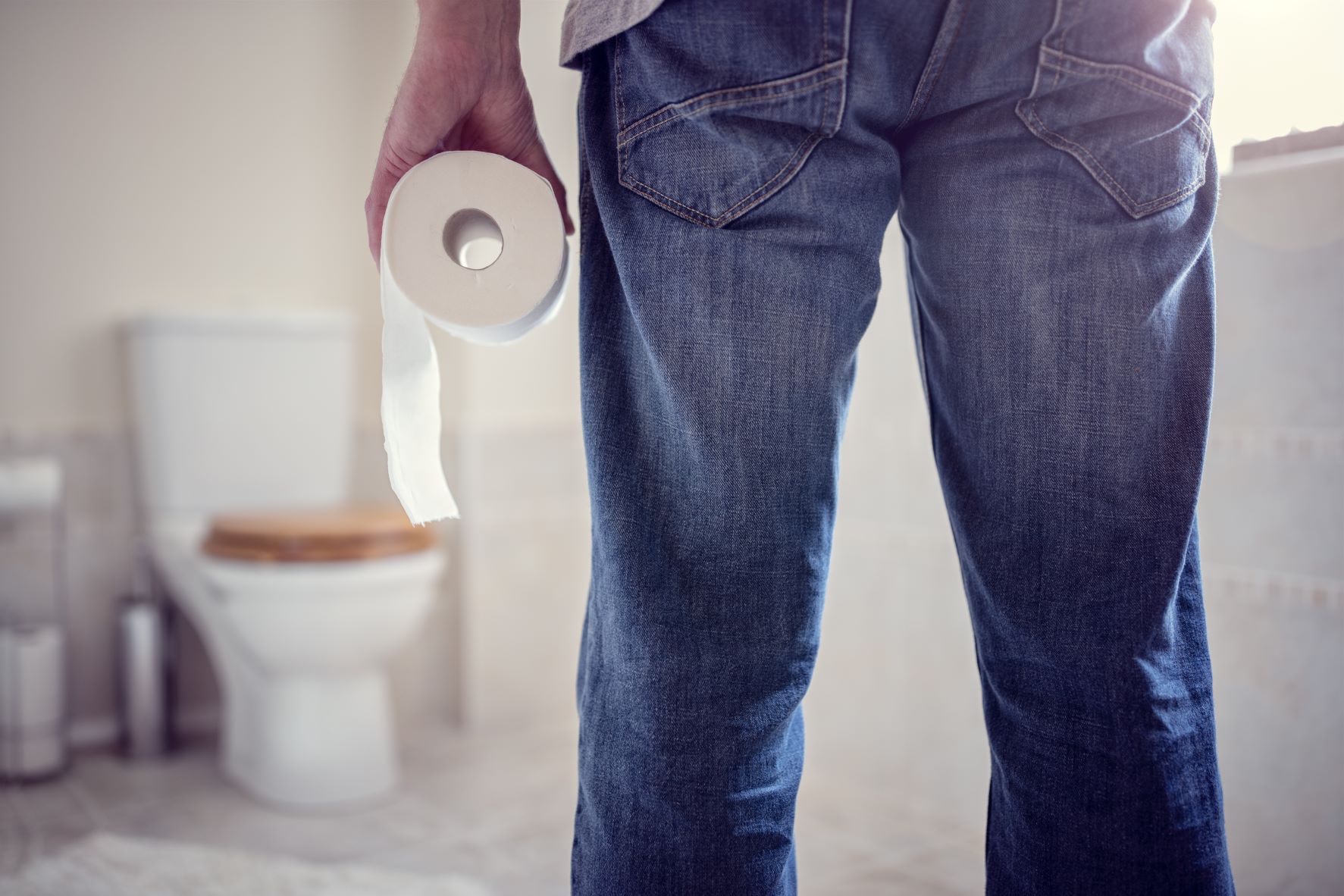
How to treat hemorrhoids
Schedule an appointment
National statistics show that hemorrhoids affect about 1 in 20 Americans and about half of adults older than 50. So, there’s a good chance that once you reach 50, you’ll have to deal with hemorrhoids at one point or another.
Hemorrhoid tissues are veins and blood vessels inside and outside the anus that swell slightly during bowel movements. If you exert too much pressure, they may stay enlarged and inflamed. If you have hemorrhoids, you know what problems this can cause.
So what do you do for hemorrhoids?
Julie Maner-Stevenson, advanced practice registered nurse with OSF HealthCare, talks about the different ways you can treat your hemorrhoids.
Julie notes that treatment will depend on your symptoms, age and general health. Depending on how severe your condition has become, your primary care provider (PCP) can advise treating your hemorrhoids.
Important warning
It is important to talk to your PCP if you have blood in your stool. It can also be a sign of other digestive disorders, such as colorectal cancer.
“If you have rectal bleeding, you should seek medical attention. Rectal bleeding warrants a colonoscopy,” Julie said. “This procedure is done by a doctor that has been trained to look in your colon with a surgical scope.”
Speak to your PCP if you find blood in your stool or on your toilet paper for the first time, or see an increase in the usual amount, thereafter.
At-home treatments
Some at-home treatments may relieve symptoms immediately, while others require changes in your diet and exercise habits. Most long-term changes help improve bowel movements and may prevent hemorrhoids from returning.
“If you do have bothersome hemorrhoids, you may get relief with warm baths two to three times a day,” Julie said. “You only need to sit in a few inches of water for about 10 to 20 minutes. Sometimes, your provider may have you add ingredients or use cold water. It depends on your situation.
“There are several over-the-counter preparations in creams or ointments that can reduce symptoms, but talk to your doctor if your symptoms worsen or do not go away.”
Your PCP may also prescribe anti-inflammatory medications and have you use ice packs to ease your symptoms.
Medical intervention
There are times when professional assistance is needed. If necessary, your PCP will refer you to a surgeon or other specialist.
“The OSF general surgery department treats hemorrhoids in a couple of different ways,” Julie said.
- Internal hemorrhoids warrant a procedure in our office. One of our surgeons will insert a very small rubber band over the hemorrhoid. This cuts off the blood supply to the hemorrhoid. The hemorrhoid will usually fall off within seven to 10 days. This procedure is painless, as people do not have pain receptors in this area.
- External hemorrhoids that become bothersome enough with symptoms like rectal bleeding, pain, itching or difficulty cleaning the area after bowel movements will need to be evaluated in the office. Sometimes, surgical intervention in the operating room where the hemorrhoids will be removed is required.
General advice
A good diet, drinking plenty of water and an exercise program will go a long way toward preventing and treating hemorrhoids.
“Most people need between 20-35 grams of fiber daily. Consuming a diet full of fresh fruits and vegetables along with other fiber-filled foods can help increase daily fiber consumption,” Julie said. “If you find it hard to consume enough fiber, you can try over-the-counter fiber supplements like Metamucil, Citrucel, Benefiber or Fibercon. These medications can all be found in generic form.”